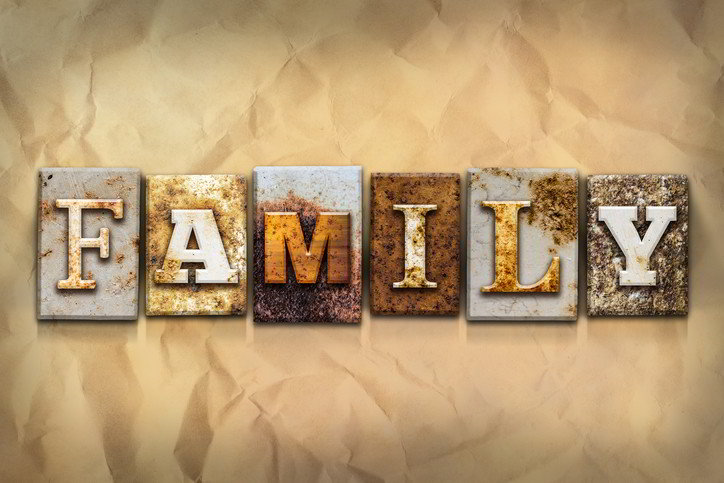The Trouble with Names

How big of a problem is name translation errors for genealogists? Probably much bigger than you could ever imagine. Evidently, clerical workers over
the years have had plenty of trouble accurately capturing people's names, especially
those with ethnically unique names.
I can picture my great grandfather, an immigrant fresh off the boat at the Port of New York, verbally saying his name and the clerk doing his/her best to transcribe what they heard. The misspelling of names was an all too common occurrence.
The Challenge of Name Translation Errors
As family researchers, we spend a lot of our time searching for the records of our ancestors. The task of locating these records is made exponentially more challenging by transcription and indexing mistakes.
Indexers attempt to decipher handwritten documents in order to create a computer searchable index. Their work is difficult and often times fraught with errors. To illustrate this point, I have compiled a list of records that I have collected for my great grandfather Joseph Hoesl, who immigrated from Germany.
Records
=================================
Date Record Name
=================================
1850 Church Baptism
Record Josef Hösl
(German Spelling)
1883 Hamburg
Passenger Lists Jos.
Hoesel
(1850-1934)
1883 New York
Passenger Lists Jas
Hassel
(1820-1957)
1883 US Citizenship
Document Joseph
Hoesil
1884 Newspaper
Notice of Intent Joseph
Hasil
-Pioneer Express
1889 Homestead
Record Joseph
Hoesl
1891 Marriage
Certificate Joseph
Hoesl
1900 1900 Census Joseph Hoesl
1910 1910 Census Joseph
Hoesl
(indexed as Horst)
1920 1920 Census Joseph
Hoesl
(indexed as Hoerl)
1928 Death
Certificate Joseph
Hoesl
The list covers Joseph’s life from birth to death over a span of 78 years. From this list, we can see all the different misspellings of his name. Even his very common first name of Joseph took a beating. The Jas. spelling on his Hamburg passenger list could be attributed to a transcription error when the record was indexed.
The same was true with several of the census records, the last name was written clearly and correctly, but the indexer misread the last name. Therefore, the 1910 Census was indexed as Horst and the 1920 Census as Hoerl, making them much more difficult to find. From the perspective of the researcher, indexing errors are just as damaging to their efforts as a mistranslation when the record was created.
This list of records clearly shows that the last name of Hoesl was misspelled or indexed incorrectly more than half the time, seven out of eleven to be exact. Interestingly enough, my ancestor’s Homestead Record contains affidavit concerning his last name being misspelled on his naturalization document and stating “his education is limited in the English language and he never knew that there was such a difference in writing his name“.
Plan of Attack
So, what is the best approach to take in seeking your
ancestor’s records? First, take a broad
based search approach. Never assume that
your ancestor’s name translation is correct in documents or in record
indexes.
When searching for records online, use wildcards in the search term for the last name. In my case, records generally have the first and last letter correct but tend to have the letters in between botched. For the last name of Hoesl, a wildcard search of H*l would probably be sufficient.
The soundex for the last name Hoesl, H240, could also be used in cases where soundex is supported by the record repository. Another approach is to maintain a list of common misspellings of your family name and do an exact name search for each misspelling. Also, try searching on fields other than name, including county name, address, or township.
Conclusion
It is important, when searching for records, do not count on
name translations to be correct. Don’t
stop searching after using your ancestor’s correct name, but get creative with
your searches or records will remain elusive even though they are well within
your reach.
Read related articles: Breaking Through Brick Walls
Beginner
Guide
Genealogy Quick Start Guide for Beginners
Applying the Genealogy Proof Standard to your Research
Google Genealogy Research Toolbox
Find Records
Researching Ancestors through Military Records
Using the National Archives (NARA) for Genealogy Research
Using U.S. Census Records
Canadian Genealogy Research using the Internet
Tips
Genealogy Source Citations Made Easy
Listening to Genealogy Podcasts Made Easy

